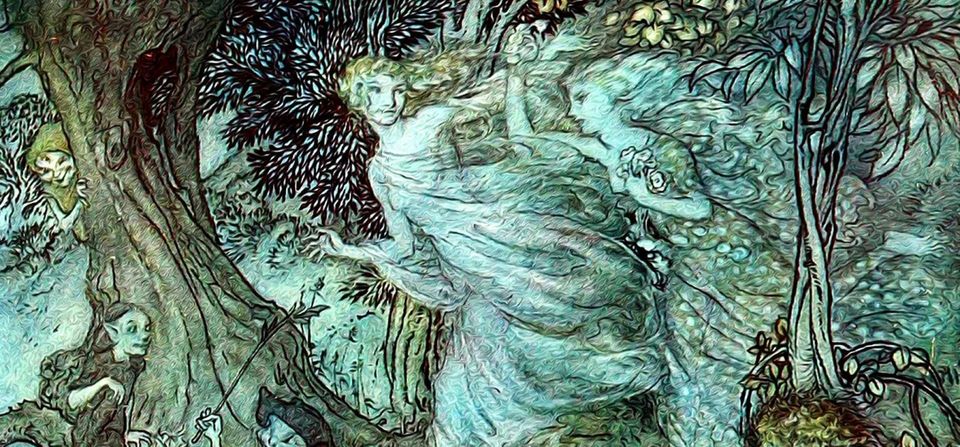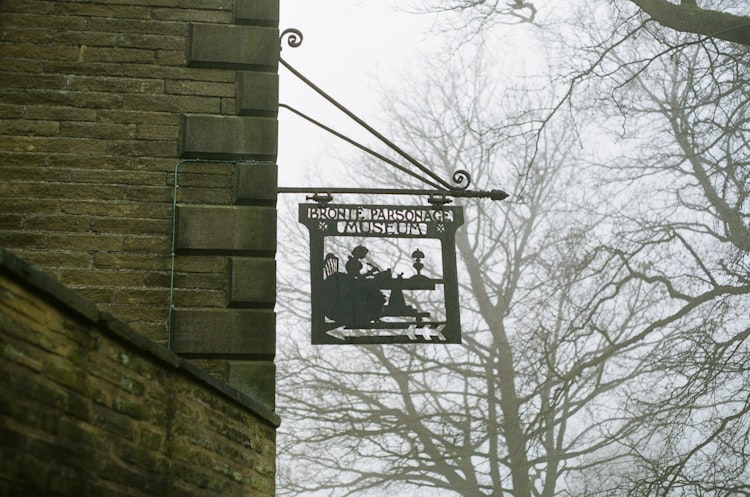What I've learned as an editor of The Fantastic Other

This summer I'm stepping down as co-editor of online speculative literature magazine The Fantastic Other to focus on other projects.
I'm sad to go, as its been brilliant working with Grace, Flora, and Amy; they are all amazing, and work incredibly hard on the magazine around their jobs and other commitments.
It's also been a privilege to read the unique stories and poems that people have shared with us. Truly; reading submissions I've laughed, I've cried, I've shuddered! And finally, I've learned a huge amount about how to run and edit a literary magazine, and about my own writing.
As I say goodbye, I wanted to share a few specific things I noticed during my time as co-editor in case they're useful for anyone like me who is writing and submitting speculative fiction. (Please note, these are purely my own opinion!)
Most submissions are good
On a forum the other day someone asked how many submissions, on average, are "unsalvageably bad".
I'm a subjectivist when it comes to aesthetics; I don't believe it's possible to say definitively that art is 'good' or 'bad', and that its true value is created by an individual's experience of it rather than by some objective standard. And I'm an educator, so I don't think anyone's work is "unsalvageable".
BUT putting that aside, I'd say the percentage of submissions we received that I personally felt needed a lot more work before they were ready to be published anywhere was around two percent. The vast majority of submissions were well-written, or on their way there, in my opinion.
So please remember; if your story is declined, it doesn't necessarily mean it's 'bad'. Don't give up.
It's tricky to pull off a story that's mostly dialogue
The novel I'm currently working on started off as an imagined conversation between two characters, adrift in a small boat on the middle of the ocean. All I had for a while was their voices, and I suspect that many story ideas start out this way.
There are lots of great short stories which take the form of a conversation between two characters, not least Daniel M. Lavery's "Text Messages From a Ghost" from The Hairpin.
They are challenging to write, because those two voices need to work extremely hard, delivering all of the plot, characterisation, and theme. Pacing is tricky too, and rhythm; back and forth can quickly become monotonous, especially is the voices are similar.
Those aren't reasons not to write them! Just some things it might be worth paying attention to when you edit.
You can probably cut the first two pages
I can't remember where I first heard the advice that you should write your short story and then remove the first two pages, but I think in many cases it stands.
Setting the scene is one thing, but it's easy to fall into the trap of writing a long introduction to your story which doesn't add a great deal.
It's certainly a trap I keep falling into. I'll often 'write into' my story as I discover my settings and characters, then take out those first few paragraphs when I edit.
I want to read more works about joy
Out of the hundreds of submissions I read, many were concerned with grief, love, fear, relief, anger, wonder, regret, hope... but only a handful were about joy.
That makes sense to me. Joy is so fleeting, and it can be overwhelming; it's challenging to capture. Plus, there are fewer representations of joy to inspire us. But I would love to read more.
There are a lot of stories about werewolves and mermaids (but there's room for yours too)
For each issue we found that common patterns and themes emerged, and I could see the ebb and flow of themed submission calls from other publications. First werewolves were everywhere. Then mermaids. Then extreme weather.
We often had difficult decisions to make as we tried to choose a variety of themes, styles, and genres for each issue. What made a story stand out was a strong voice, a new perspective, an interesting twist, or an original setting.
So if you have a story that you're longing to write about a popular creature, don't be afraid to put your unique spin on it. What's the werewolf story that only you can tell?
Your imagination is remarkable
Seriously. It's been an absolute honour to have been invited to look through so many different windows into so many different worlds, and encounter things I could never have imagined for myself.
Before I sign off, I want to spotlight some of my personal favourites from the three issues I helped to put together, although I urge you to go and read the rest too! And if you felt like making a donation to support the magazine, well that would be lovely too.
Fantastic flash
- "Uncle Bucket" by Ali Abid
- "Pour Me The Sky, A'right?" by A.R. Frederiksen
- "On Night's Shore" by Faith Allington
Fantastic short stories
- "A Thousand Ways To Go Home" by Marianne Xenos
- "Hexposure Therapy" by Rebecca A Demarest
- "Fran" by Sophia Ahlstrom
Fantastic poetry
- "Empty Skin Suit" by Solstice Black
- "An Opened Door, A Haunting Rain" by Stewart C Baker
- "I, Hunger" by Nnadi Samuel





Member discussion